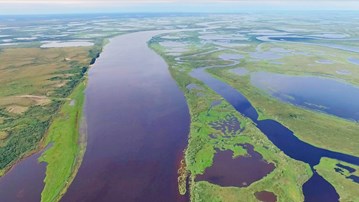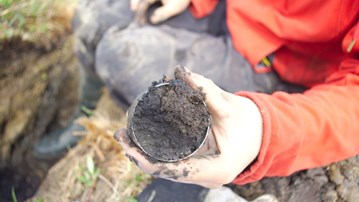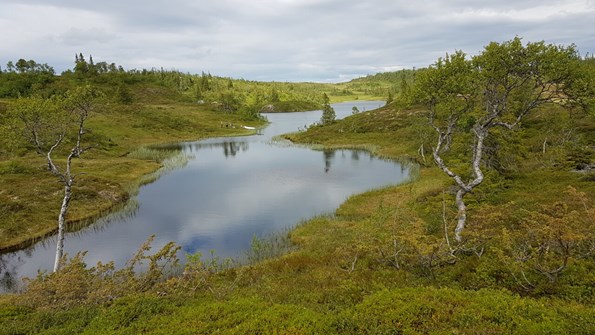Research group Our research activities focus on biogeochemical processes and environmental change impacts in northern terrestrial and aquatic ecosystems
Interactions between abiotic factors and biotic processes in boreal and arctic soils, waters and sediments are of particular interest. Terrestrial projects focus on the cycling of nutrients (carbon, nitrogen, phosphorus and sulphur) and contaminants (Hg, Pb and persistent organic pollutants) in soils. In the aquatic projects we study; 1) effects of allochthonous organic matter on production and respiration in lakes; 2) emission of carbon dioxide and methane from lakes and streams; 3) the influence of climate and nitrogen deposition on lake ecosystem function. An important part is to integrate research on terrestrial and aquatic ecosystems in order to understand the function of northern ecosystems and their response to environmental change. Research is carried out in cooperation with different Swedish and international universities and the Climate Impacts Research Centre (CIRC) in Abisko. The research includes comparative studies across climatic gradients in northern Sweden (boreal-alpine/arctic) as well as experimental studies in laboratory and field.
Global environmental changes reduce the levels of omega-3 polyunsaturated fatty acids in plankton of northern lakes, thereby lowering their supply to wildlife and humans.
This video summarizes the main findings of the research article: Lau, D. C. P., Jonsson, A., Isles, P. D., Creed, I. F., & Bergström, A.-K. (2021). Lowered nutritional quality of plankton caused by global environmental changes. Global Change Biology. https://doi.org/10.1111/gcb.15887

Umeå researchers show that carbon emissions from rivers and lakes exceed coal exports to the Arctic Ocean.

Two new studies emphasize the variability of soil organic carbon in the Arctic permafrost region.

Global warming, acidification recovery and changes in land use caused warming and browning of northern lakes.